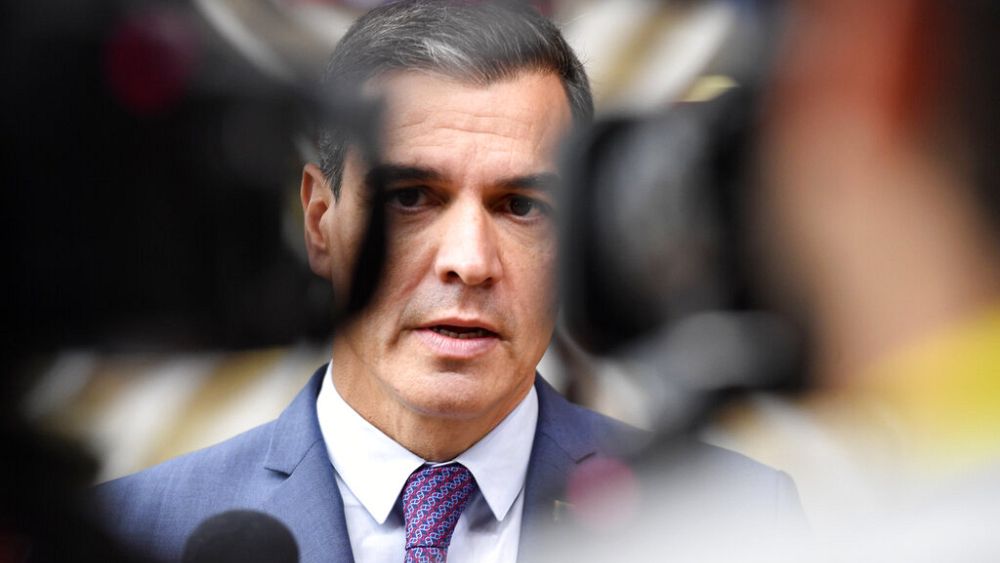
Since last October, when the new law came into force, 943 sex offenders have seen their jail sentence reduced.
The controversial law, which came into force last October, was meant to be stricter than the previous code in place, but instead has resulted in 943 reduced sentences of sex offenders who were convicted under the previous legislation.
Sánchez, who is also the Socialist Party’s candidate for re-election in July’s general elections, stated it was the most important mistake he had made during the last four years in government.
“It has been a feminist government which has passed over 200 laws, but a technical mistake was made in the ‘yes is yes law’, which led to a series of undesired effects reducing the sentences of sexual offenders”, he explained on Sunday in the Spanish TV channel La Sexta.
After passing the law, Irene Montero, head of the Ministry of Equality and leading promoter behind the legal reform, faced intense criticism from other opposition parties, civil society, judicial organisations and even some of her political allies.
During the interview, Sánchez made clear that he has “never” considered the dismissal of Montero.
“Despite the disagreements I may have had with the Equality Minister, I have always put stability first. Despite the fact that our coalition partner said some very harsh things”, he said making reference to Podemos’ criticism after the Socialist Party decided to reform the law with the support of the conservatives last April.
Spain’s Equality Minister, member of Podemos, accused the socialists of agreeing to a “step backwards in women’s rights”.
Reforming the law
The controversy arose from the fact that the reform of the law removed the distinction between sexual abuse and sexual aggression.
“By putting assault and abuse together in the same offence, they tried to find a middle ground for the penalties,” José Luis Díez Ripollés, professor of Criminal Law at the University of Málaga told Euronews.
“As they could not use the penal framework for assaults because it was too harsh for sexual abuse and they could not use the one for sexual abuse because it was too light for assaults, they decided to put the maximum limit for assaults with the minimum for abuse,” he added.
The result was hundreds of reduced sentences as Spain’s Criminal Code establishes a principle that allows new criminal laws to be retroactively applied, only if doing so benefits the defendant.
The measure was widely criticised by the UN rapporteur on violence against women, Reem Alsalem.
“For a country with a high rate of femicides, reducing the sentences for sexual offenders sends the wrong message about the state’s priorities in ending violence and fighting impunity for such crimes”, she told the Spanish news agency EFE.
The Socialist Party promoted the reform of the law which was passed in the Senate with 231 votes in favour, 19 against and 4 abstentions.
The new text still has sexual abuse and sexual aggression as a single crime but introduces a subtype to differentiate between aggression with or without violence and intimidation.

